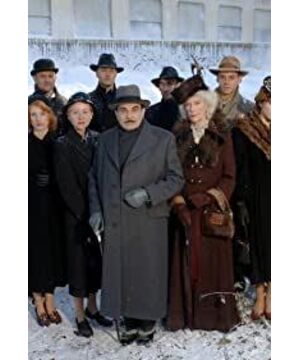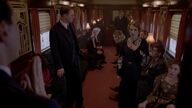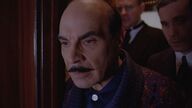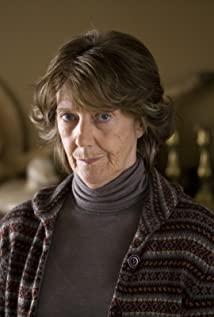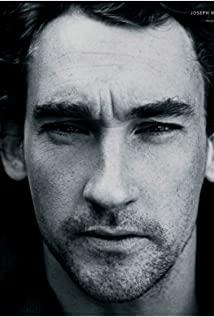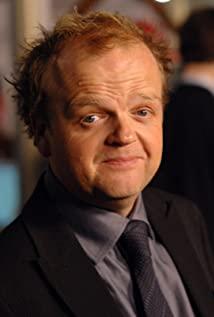Although the Poirot here is unsmiling, his expression is as serious as a detective who came out of SCI. But overall, the picture is pretty good.
It was just a little bit of delay ahead, and I anxiously waited half an hour for the murder to happen.
Can that reasoning be complete in the next hour?
It turned out that my worries were completely unnecessary, the director not only finished the story in 90 minutes, but also had the mind to do other things (because he didn't intend to show the reasoning process at all). For example: elevate the theme.
That's why it's been rated Samsung again and again.
As a loyal supporter of an old grandmother, I cannot tolerate any violation of the original book: since Poirot still firmly believes in the absolute supremacy of the law when he discovers the truth, why should the film copy the original book's description of the two The treatment of this explanation - Poirot of course knew that the first explanation was not valid, and if he hadn't been shielded, he would not have mentioned it.
In addition to the logical flaws, the portrayal of Poirot's contradictory choices also objectively weakens rational deduction. A good detective drama has become an emotional drama.
And it would be fine if the film's understanding of the relationship between legal authority and morality was innovative.
It is not as good as the black and white film "Nuremberg Trials" in the 1960s, with a clear theme, direct and reasonable dramatic conflict. The key is that people know that they are making a movie, not a classroom teaching of the history of legal thought, so they know how to avoid reality and make falsehoods, instead of directly discussing the difference between (new) natural law and analytical jurisprudence, but focusing on portraying the role of judges and expressing personality. Charm can naturally make people fall into the emotion of personal worship, thus ignoring the rational part.
Generally speaking, although this film is not suitable for detective fans who are logically first, the story is quite strong. At the end of the chapter, Poirot chose to lie to the police officer, and he left with his back to the crowd, a line of tears, which was moving.
View more about Murder on the Orient Express reviews


